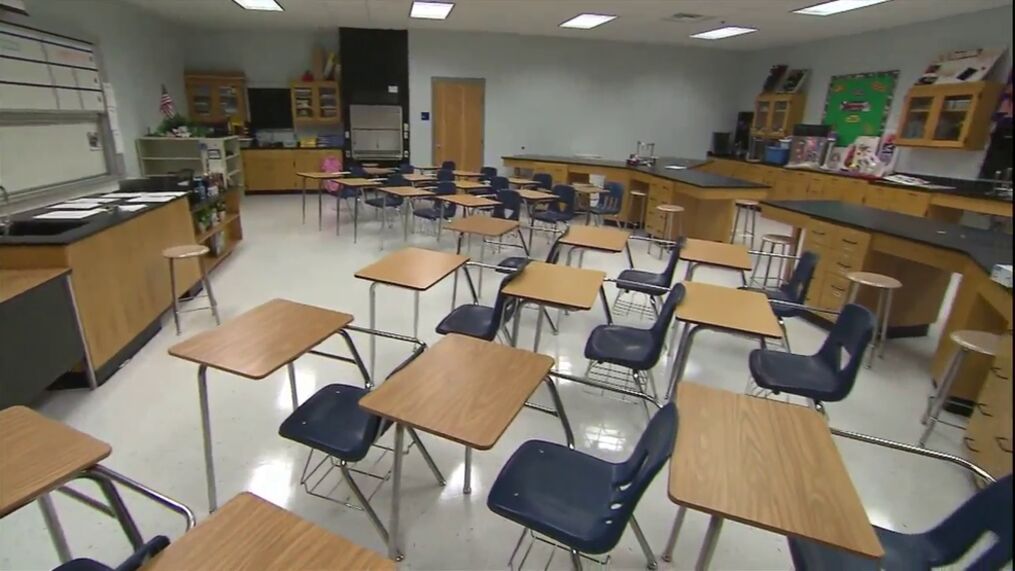

Education
More than 12,000 grades in Baltimore City Public Schools were altered from failing to passing
Over 12,000 failing grades in Baltimore City Public Schools were altered to passing marks over a five-year period, according to a study provided by the Maryland Office of the Inspector General for Education.
From 2016 to 2020, the agency examined and found that the school district “incorrectly documented and promoted students by changing failing ratings to passing grades.”
Teachers were allegedly forced to adjust grades by their assistant principals, administrators, or both, according to the investigation.
Other education leaders at the Baltimore City Public Schools headquarters, known as North Avenue, allegedly put further pressure on assistant principals and principals, according to the study.
The survey looked at grades 6 through 12 in roughly 130 Baltimore City Schools and found that 12,552 grades were altered from failing to passing.
The whole report can be seen here.
The grade modifications could have had a significant impact on Baltimore City Public Schools’ graduation rate.
A Baltimore City Public School manager at “North Avenue” was interviewed by state education officials, who stated that a “student should not be one point away from a passing mark” and that it was “common sense” to adjust the grade to reflect a passing score if the kid deserved it. “Any teacher who does not do that is neglectful,” the school official added.
“The BCPS system was afflicted by a culture of fear and secrecy, which prevented many people from speaking freely about misconduct,” education officials stated. “Unfortunately, these activities hampered the truth-seeking process and delayed the completion of this investigation.”
Baltimore City Schools sent WMAR-2 News this statement:
The report issued by the Maryland Office of the Inspector General (OIGE) is a perplexing end to a nearly three-year review into grade changes in our school system. City Schools has shared gigabytes worth of data, thousands of pages of documents, and hours of interviews with OIGE to help the office better understand what occurred more than 3 years ago, before many of our current seniors entered high school.
As the OIGE’s report acknowledged, Dr. Sonja Santelises, CEO of City Schools launched an extensive overhaul of our grading policy – Board Policy IKA – to ensure that our grading is fair, equitable, and accurately reflects our students’ achievements. As a result of that overhaul, the Board adopted significant revisions in May 2019.
Over 20 pages of the report, the OIGE notes the challenges of implementing changes to our policy, but it did not find a violation of the law or financial improprieties. The incidents cited largely occurred before the policy change in 2019 and did not illustrate systemwide pressure to change grades.
Most significantly, the report did not make specific recommendations other than further review. Nevertheless, City Schools welcomes the opportunity to contract for an external review of grade changes made during the 2022-23 school year to ensure we maintain our path of continuous improvement. This will be the first school year after the main thrust of the pandemic, offering current data in a near-normal school environment.
This investigation comes less than a year after the Baltimore City Public Schools released an investigative report showing how former school executives plotted to manipulate student attendance, grade averages, and graduation rates.
This happened after City School leaders stated that failing pupils would no longer be required to repeat grades.









